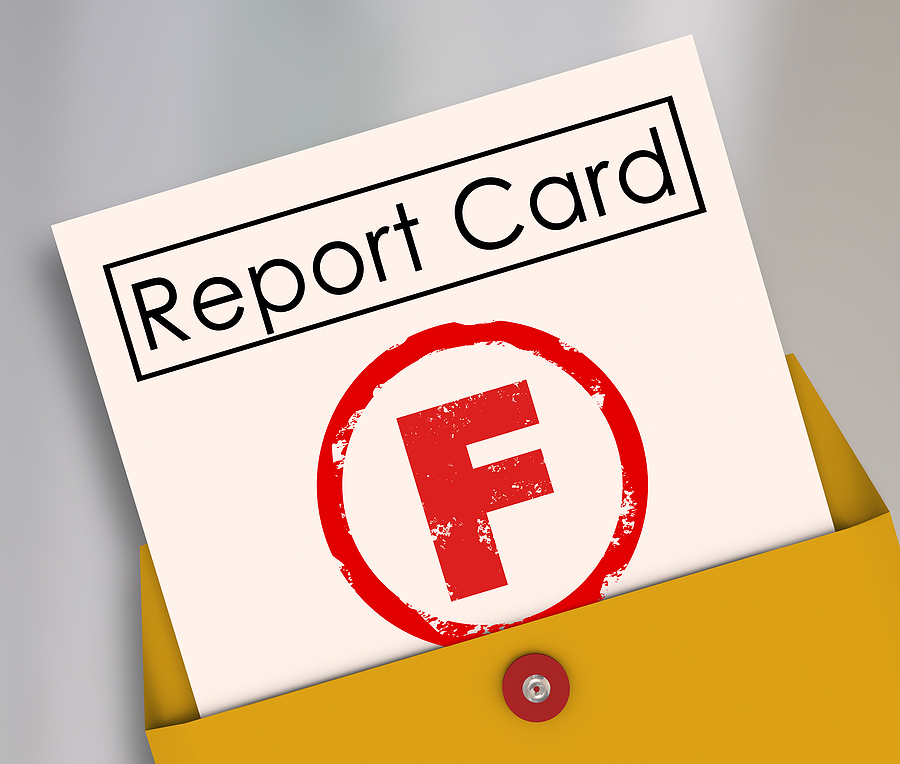New Hampshire Democrats say Gov. Kelly Ayotte and House Republicans are pushing an income tax.
And this time, it’s an income tax that Democrats actually oppose.
“There’s an income tax for folks who use Medicaid,” Senate Minority Leader Rebecca Perkins Kwoka recently told WGIR-AM radio.
“If this Republican budget were to become law, a single mom whose children are on Medicaid would have to start paying a new income tax just to keep health care for her children,” said House Minority Leader Alexis Simpson (R-Exeter) during the House budget debate.
Rep. David Preece (D-Manchester) decried what he called “Gov. Ayotte’s new health care income tax” on the floor of the House.
And the House Democrats’ social media pages are full of the message “Granite Staters cannot afford Gov. Ayotte’s Medicaid Income Tax.”

It’s an unmistakable shift in message for Granite State Democrats, who are also attacking Republicans for eliminating the state’s last personal income tax, the one on interest and dividend income. Democrats claim lower taxes have starved the state of revenue, leading to the current budget crunch.
Are these anti-tax Republicans really trying to pass an income tax in New Hampshire?
WHAT AYOTTE AND THE GOP ARE PROPOSING.
After years of state spending increasing faster than inflation — in particular, 2023’s budget blowout — it’s indisputable that New Hampshire is facing a tight budget. The GOP-led House is using more conservative revenue projections than the Ayotte administration, and the cuts in its budget are so deep, they take spending back to pre-COVID levels.
Both the Ayotte and the House GOP budgets include fee increases to help fund government services. One proposal is to ask Medicaid recipients who earn more than 255 percent of the federal poverty level (about $82,000 for a family of four) to pay premiums and copays on their coverage. The prescription copays would rise from one or two dollars to $4 per prescription, and the total out-of-pocket cost could not exceed 5 percent of household income.
Add up all of her proposed changes, and Ayotte expects them to save the state around $27 million.
“What we’re talking about is a co-pay for health services and insurance that is provided to (Medicaid) recipients from state and federal dollars,” Ayotte told NHJournal at a press conference earlier this month. “And I would argue that, if you are working — probably where you work right now — you have to pay some co-pay and some price for your health insurance.”
IT’S AN INCREASE IN COSTS, BUT IS IT A TAX?
Republicans do not dispute that their copay plan would generate more revenue. That’s the point, in fact.
What they say is, as Ayotte told NHJournal, “The idea that it’s an income tax is ridiculous.”
Are they right? Or is charging an insurance premium based on income a form of income tax?
NHJournal repeatedly asked Democratic leaders, Simpson and Perkins Kwoke, to explain what they are claiming. NHJournal also asked if the Medicaid revenue is a tax, is it deductible from the recipient’s federal income tax the same way local property and income (SALT) taxes are? Again, no answer.
There is no information laying out their argument on their websites, either.
Asked to comment on whether the “Medicaid income tax” label is fair, a spokesman for Ayotte instead pointed the finger back at New Hampshire Democrats.
“On their quest to turn our state into Massachusetts, Democrats literally proposed an income tax in January and voted last week to make our state a sanctuary for criminal illegal aliens,” said John Corbett. “Gov. Ayotte will never let them MASS up New Hampshire with higher taxes or sanctuary policies.”
Greg Moore with Americans for Prosperity called comparing a Medicaid co-pay with an income tax “downright silly,” adding that enrolling in Medicaid is voluntary.
“Income taxes are involuntary, at least if you want to stay out of prison,” Moore said. “Moreover, Medicaid is a welfare program, whereas income taxes pay for welfare programs.”
NOT ACCURATE, BUT FAIR?
Accusing Republicans of supporting a tax hike because they support an insurance premium for upper-income Medicaid recipients may not sound fair. But it does sound familiar.
During the campaign leading up to the 2020 general election, Gov. Chris Sununu and his legislative allies pounded Democrats for supporting an “income tax” to pay for paid family medical leave.
“Make no mistake — the people of New Hampshire will never support an income tax,” Sununu said of the Democrats’ plan.
Actually, Democrats wanted to deduct insurance premiums based on wages from paychecks to cover the cost of the paid level. (They also hoped employers would just absorb the cost and pay the premium for their workers.)
As NHJournal wrote at the time in a Fact Check Friday, “That’s not an income tax. It’s a payroll tax.”
But the income tax attack worked, and Republicans took back the state House and Senate.
Karma?
So, did Republicans just pass a ‘Medicaid income tax’?
NHJournal gives this claim a solid F.
It’s not a tax, and it’s only partially based on income. In fact, it’s limited by income to five percent.
Without an explanation of the Democrats’ claims about income taxes, it’s hard to evaluate their arguments.
But the answer is self-evident: Medicaid premiums and copays are not income taxes. And New Hampshire has no state income tax, even if you elect to enroll in the Medicaid program and have to pay a modest co-pay to enjoy the benefits.
EDITOR’S NOTE: If you believe there is a fact error in this report, or if you have a question you would like to see “fact-checked,” please email News@insidesources.com.





